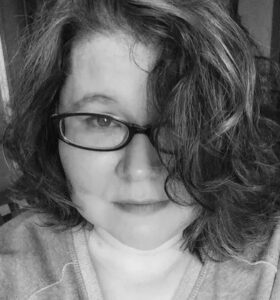 Beth Hersant holds a Masters Degree in English Literature and has worked as a poet, essayist, playwright, and author. Her first novel, Good Neighbours, received worldwide critical acclaim. She lives in Norfolk, England with her husband and children, two labradors, and a cat who believes he’s a ninja.
Beth Hersant holds a Masters Degree in English Literature and has worked as a poet, essayist, playwright, and author. Her first novel, Good Neighbours, received worldwide critical acclaim. She lives in Norfolk, England with her husband and children, two labradors, and a cat who believes he’s a ninja.
Tell us about your book.
It began, as big events often do, with small things – a little girl, a little dog, a microscopic virus that leads to a tragedy no one should ever have to face. Having lost his daughter to rabies, Dr. Aaron Pickman tries to derive some meaning from her death. In his search for a cure, he unleashes a virus that will bring the world to its knees. However, just as great tragedies often have small beginnings, great individuals can have humble origins…
Tammany, an injured woman running with a baby in her arms, has one slim, heart-stopping chance to save him.
Fletch, a writer recording the last gasp of human civilization, fights to protect his oldest friend.
And Louella, an old woman on her Pennsylvanian farm, offers shelter to survivors and becomes the unlikely leader of Camp North Star – one of the last outposts of uninfected humanity.
They are all frail, flawed, ordinary people who rise to meet the challenge of this deadly new threat. Yes, it is a time of plague; but in that darkness, they are the starlight.
Why did you want to write a book?
Leslie Marmon Silko once said that “You don’t have anything if you don’t have the stories” – the narrative that adds flesh to the bare bone of fact. For me, this is an instinctive response. Any event or fact seems anemic unless it is embedded in the story of the people involved. And I think this started with my love of reading when I was quite young. My mammoth collection of books enabled me to go anywhere and experience anything without leaving the small Pennsylvania town where I was born. I gravitated toward story-telling through acting and touring with a dramatic troop when I was younger and reading stories to my children later on. And I started writing – an activity I have never been able to stop. I can’t imagine my life without it.
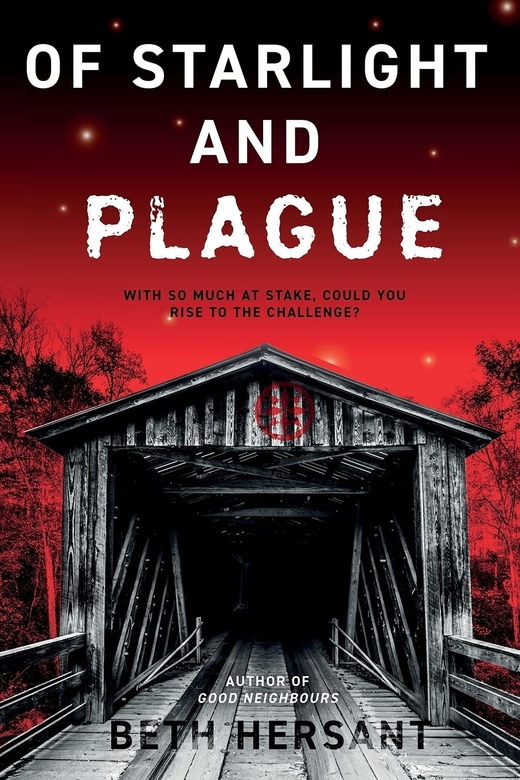 As a writer, what is your schedule? How do you get the job done?
As a writer, what is your schedule? How do you get the job done?
The details of my daily schedule would probably sound pretty boring to you. The morning shift, lunch, a dog walk, the afternoon shift, etc. The bigger picture – the over-arcing schedule of months and years – is more interesting. I spend roughly eighteen months to two years researching the various aspects of the book, developing and refining my ideas, and planning its structure. The goal of this time is to become an expert in the world that I’m creating within the novel. This is incredibly useful. By the time I’ve reached this stage, so much of the writing just flows. I know instinctively what each character would say and do.
The actual writing takes nine months to a year while I write and rewrite and edit and obsess over the work. During this time, it becomes a real balancing act between using all of the glorious detail that I mined during my research and keeping up a good sense of pace so that the reader will be swept along by the momentum of the action.
How do you deal with writer’s block?
Badly. Initially, I’m usually fairly optimistic. I convince myself that it’s not writer’s block, really. I’m just tired. And so I goof off. I rewrite the lyrics to pop songs so that they are all about my dog.
But then the writer’s block settles in for a good, long stay. It is so frustrating and depressing that I start to question my own abilities. Inevitably I come to the conclusion that I am a no-talent hack and should just throw in the towel. This phase of writer’s block is usually accompanied by the need to binge-watch something on Netflix while working my way through a tub of Ben and Jerry’s Phish Food Ice Cream.
There is, however, only so much wallowing in self-pity I can do. And I move swiftly on to stage three – cleaning and decluttering the house like a rabid Marie Kondo. That actually works because it gets me moving and while I’m cleaning, my mind relaxes. I begin to see how to resolve the issues with the book that brought me to a standstill in the first place. The ideas start to flow again.
There is one more tip that I can suggest to other writers: the use of props. So much of what we do is ethereal. Whole worlds are created and populated with rich characters, but all of that happens in our heads. Sometimes it is helpful to have something tangible that you can actually hold in your hand to help root you in the scene you’re describing. A cigarette lighter, an old watch, a bottle of tequila – any sensory object that allows you to see or feel or taste what your characters are experiencing – can be helpful. As a result, my office is decorated with an eclectic mix of artifacts “belonging” to my characters.
Tell us about the genre you wrote in, and why you chose to write this sort of book.
Why have I chosen to write sci-fi, horror, and fantasy fiction? It’s a reasonable question. I spent most of my life studying the classics … Shakespeare, Wordsworth, Milton. And I love them. But I also grew up reading Stephen King. And what I have learned from him is that it is possible to write deep, rich horror fiction without descending to the level of pulp.
I write horror because I enjoy the range of topics available to me. I have no real desire to write a novel that is set solely in the ordinary. I don’t know about you, but personally I am up to my eyeballs in ordinary life: the concerns for my children’s future, the dishes that need washing, the house that needs cleaning, the illnesses, the health scares, the financial worries, the insecurities over my job. If I had to write about those things – and only about those things – I might well crack and walk around with my underpants on my head and two pencils shoved up my nose, saying “Wibble.” (Yes, I’m a Black Adder fan).
Horror, sci-fi and fantasy offer us not only a little escapism, but also the same opportunities to confront the same issues addressed in the literary canon. My fiction includes zombie viruses, voodoo spirits, prophetic dreams and figures from folklore coming to life. And all of these uncanny experiences provide us with a jumping-off point to delve into the questions that are really relevant to us as human beings. What is the nature of morality and how fluid is it as a concept? How do we derive meaning from tragedy? What is the relationship between mind and soul? How does the human mind contend with depression, addiction or abuse? How should mankind navigate the differences that cause so much division in our world? The philosophical possibilities are endless. And, when considered by people hiding out from the zombie hordes, actually pretty fun to write.
Who are your biggest writing inspirations and why?
Stephen King, M.R. James, H.P. Lovecraft, Mary Shelley, Edgar Allan Poe, H.G. Wells, Mark Tufo, Carrie Ryan, Anne Rice. I reference and allude to their works in my fiction. I do this because I want to situate my work within its wider context. These authors have been so influential not only in my development as a writer, but also in the development of the genre that I’m trying to find a place for my own work within the tradition they’ve created.
For instance, in “Of Starlight and Plague” something created in a lab gets out into the world and wreaks havoc. That particular trope has been used a lot. And so I grounded my mad scientist in the traditions established by Frankenstein, The Island of Dr. Moreau and Dr. Jekyll and Mr. Hyde. That formed the foundation. I then sought to make everything that I built on top of that fresh and new. My mad scientist, Dr. Aaron Pickman, might well remind you of Dr. Moreau, but he is a wholly unique character with complex motivations. He is at times a truly sympathetic character, but also a despicable one – a fact that leaves the reader feeling conflicted, but also hooked by the drama unfolding in his life.
How do your friends and family get involved with your writing? What do they think of your book?
My friends have listened to me endlessly prattle on about my work. There was one point when I was writing the section of the novel on New Orleans voodoo that I was ordering voodoo paraphernalia from the internet. I would sit my friends down in front of bottles of concoctions and say, “All right, I have to describe this. What does that smell like to you?” God bless them, they were really patient with all that.
And my family is the absolute best. My husband and children have encouraged and enabled me to write Of Starlight and Plague as well as my first novel, Good Neighbours. And crucially, they have acted as my sounding boards. I bounce ideas off of them and discuss problems I’m having with the narrative. Their advice and fresh perspective have been invaluable. Case in point: I had trouble coming up with a title for the novel. I had eight different possibilities and changed my mind every other day. In the end, I went with none of them. It was my daughter who suggested, “Of Starlight and Plague.”
Why did you write about this particular subject?
I love zombie fiction – I’ve always been a big Romero fan, but it is a path that has seen a lot of traffic over the years. The temptation with any long-established genre is to rely on formulas that have worked well in the past. After all, if it’s not broken, don’t fix it. But I’m always interested in exploring how old ideas can be recast in new and unique shapes. And so I set out to write a zombie novel with a difference. I wanted it to be deeply personal for the characters – and not just the survivors who are struggling to stay alive. I wanted to focus on the perspective of the infected. The nature of a zombie virus is that it is the great leveler. It robs the characters of their voices and individuality and makes them part of a faceless horde.
But what is the experience of someone succumbing to the virus? What are they thinking and feeling? And does that experience vary from one individual to the next? That is just one way in which I experimented with new perspectives. Another was in my choice of protagonist. I was actually doing the research for another novel when I caught a glimpse of Louella Bernhard. She was an old, asthmatic woman with arthritis and the most unlikely of dramatic heroes. And yet she was so real that I couldn’t set her aside. I was fascinated not only by her strength and intelligence, but also by her frailties and mistakes. I found her so compelling that I had to write her story.
What’s next for you as an author?
There is a pattern that I follow when I write. I research and plan, I write the novel, and then I print it out, shove it in a box and don’t look at it for six months. The reason is simple: by that point, I’ve worked on it for so long, I’m incapable of judging it with any degree of objectivity. So I leave it alone, start research on the next book, and go back to it when I can look at it with fresh eyes and critically examine what I’ve done.
While Of Starlight and Plague was in the box, I started research for my next novel – which currently doesn’t have a title. This research continued all the while I was going through the publishing process and it was on track to become my next project. However, I’ve had another idea – a book of short stories – that is tugging me in a different direction. I like the idea of writing shorter fiction that would allow me to explore many different storylines and I think that that will be my next book. In comparison to the big (400-page) novels I’ve been writing, a collection of short stories really appeals because it would give me the opportunity to play with a greater variety of themes.
How have people responded to your book so far?
The response from readers has been wonderful. I’ve had five stars ratings and some lovely comments such as:
“The characters and plot were well written and it was easy to become very involved in this book… The narrative is meticulously researched and well planned out, resulting in a gripping page turner that I struggled to put down… The book is brilliantly written, with so many factual details, it makes a very realistic and hauntingly apocalyptic world… A thought-provoking page turner with many interesting characters and intertwining storylines through the main narrative… This is an outstanding book in the genre. The writing is excellent and the characters are fully fleshed real life people. This book was a breath of fresh air into a genre that has grown stale… What a beautiful ride! Saw this book by chance and downloaded it. Boy am I glad I did! Beautifully written! Will be on my favorites list!! … I found it hard to put the book down. Thank you Beth for creating such a powerful and fundamentally optimistic story… I’m always looking for the next apocalypse/zombie novel and this by far was one of the best! I love the origin story in the beginning and how relatable the characters were. I hope Beth continues to write phenomenal books like this! I literally couldn’t put this book down… For me, the pacing of this novel carries the day. As the plot expands from personal to pandemic, the author engages us, then compels us to keep step, and ultimately provides space to land on our feet with a new perspective… led through an apocalypse with hard-nosed compassion and hope.”
Author Links
Get an Editorial Review | Get Amazon Sales & Reviews | Get Edited | Publish Your Book | Enter the SPR Book Awards | Other Marketing Services


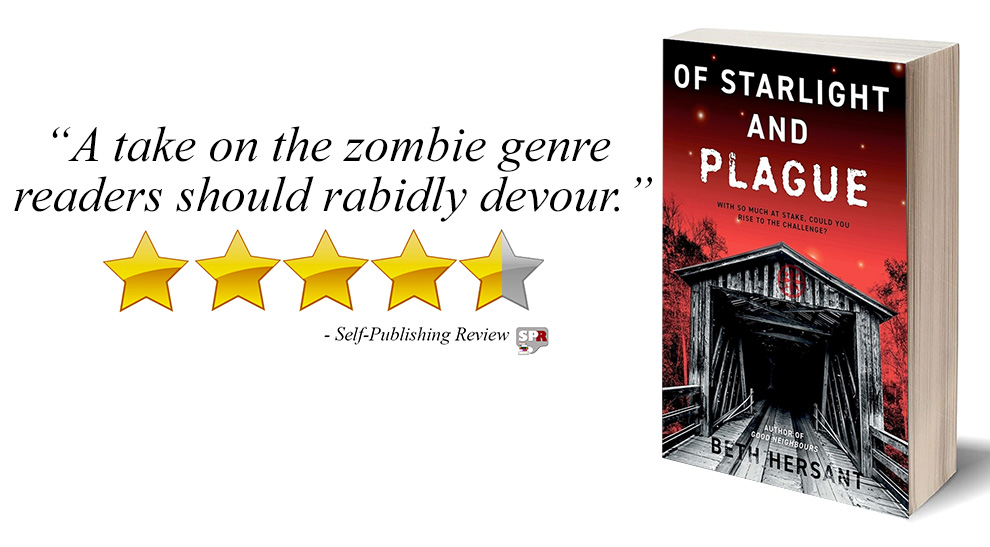







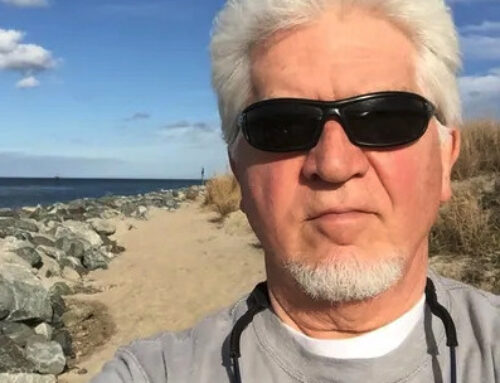
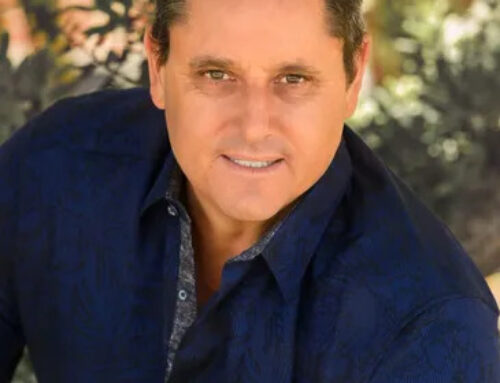
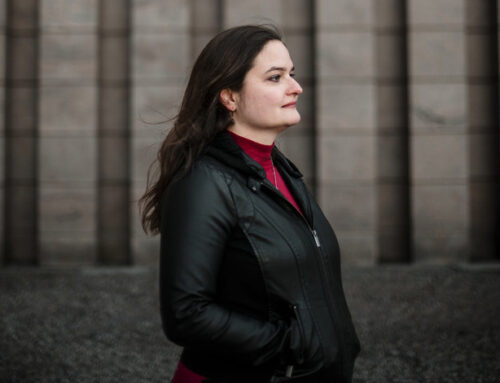
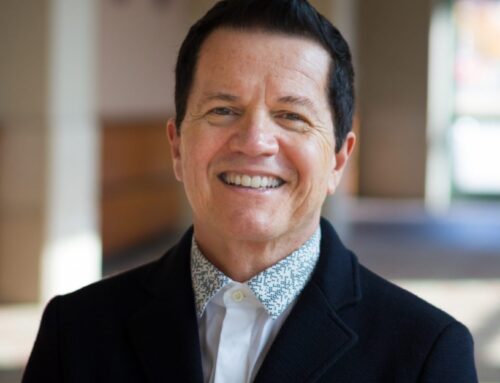
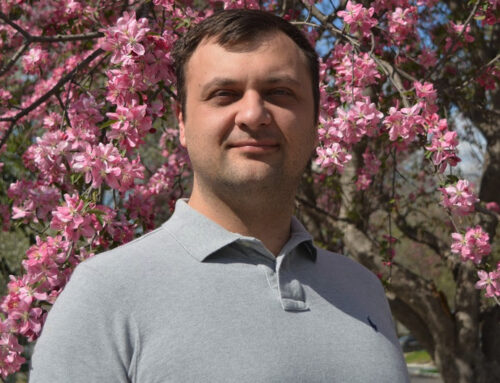
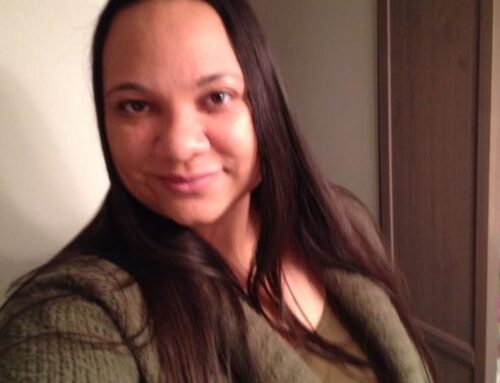

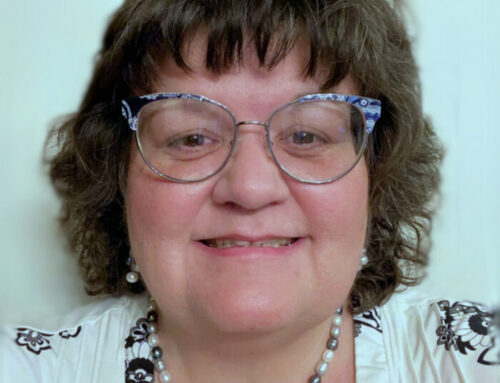

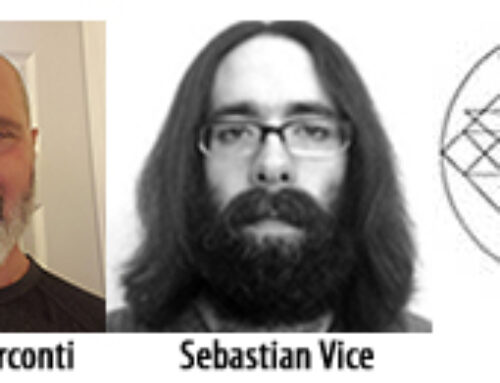
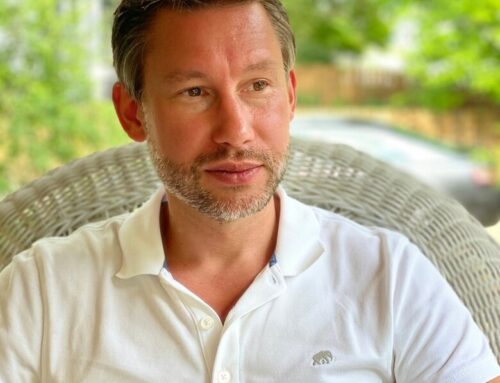
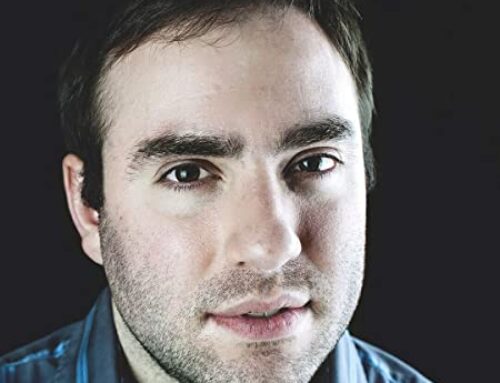
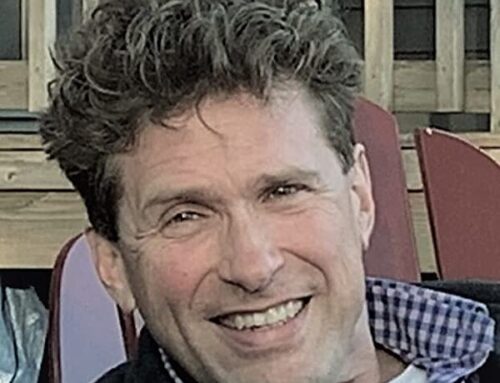
Leave A Comment